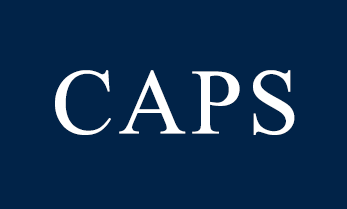Most visitors to South Korea are pretty surprised to see the United Nations (UN) flag waving from poles at military installations together with the South Korean and/or the U.S. flag. The closer they get to the Demilitarized Zone (DMZ) separating the two Koreas since 1953 the more this constellation is visible. All aforementioned installations are hosting infrastructure, staff elements or units with a direct affiliation to the United Nations Command (UNC). Apart from the highly visible and for most people closed DMZ, UNC is a strong reminder of the fact that the two Koreas are also 69 years after the signing of the 1953 Armistice Agreement in Korea technically still at war and a comprehensive peace regime has yet to be achieved.
There have been discussion and debate on UNC’s utility, particularly among South Korean politics, basically from the aftermath of the signing of the Armistice Agreement (AA) onwards. Most recently it is getting more prominent and has been accelerated in the framework of the Moon administration’s initiative for an “end-of-war declaration” (EOW) on the Korean Peninsula. Prominent voices in South Korea are considering UNC even to be “under attack”. This holds certainly true with regard to North Korea launching numerous attempts and requests to the UN to revoke UN Security Council Resolution UNSCR 84 thus disbanding UNC, the latest being at the UN General Assembly in autumn 2021. But there are critical voices in South Korea as well that are openly questioning utility and necessity of UNC as of today.
This article does not intend to discuss the pros and cons of the more or less disappeared EOW campaign by the last ROK administration nor the implications on UNC in case a declaration should be signed by all relevant actors[1]. However, viewed from the outside, the recent discussion and perceptions on the “peace processes” on the Korean Peninsula are looking somehow strange, assuming an EOW would be signed by all relevant parties on government level: Politically, the Korean war would be terminated but an armistice agreement concluded and signed by the military level would still be in place. A 69-year-old military document would thus have superseded a political decision of today!
Amid all these reservations and objections against UNC among Korean, unequivocal in the North, more subtle but often hidden in the South, UNC does continue to play a crucial role for security and stability on the Korean Peninsula. This article is attempting to add some arguments to the above statement based on extended experience as a close outside observer of UNC and its daily armistice management on a strategic as well as operational-tactical level.
The author has served from February 2012 to August 2017 as Swiss Member to the Neutral Nations Supervisory Commission (NNSC), a body mandated by the AA to monitor the correct implementation of the provisions of the agreement. This role provided a unique opportunity to closely monitor UNC activities, particularly of its Armistice Commission (UNCMAC), but also to observe the large-scale exercise series “KEY RESOLVE/FOAL EAGLE (KR/FE) in spring and “ULCHI FREEDOM GUARDIAN (UFG) end of summer. Between 2012 and 2017 the author has observed a total of 11 of these exercises.

